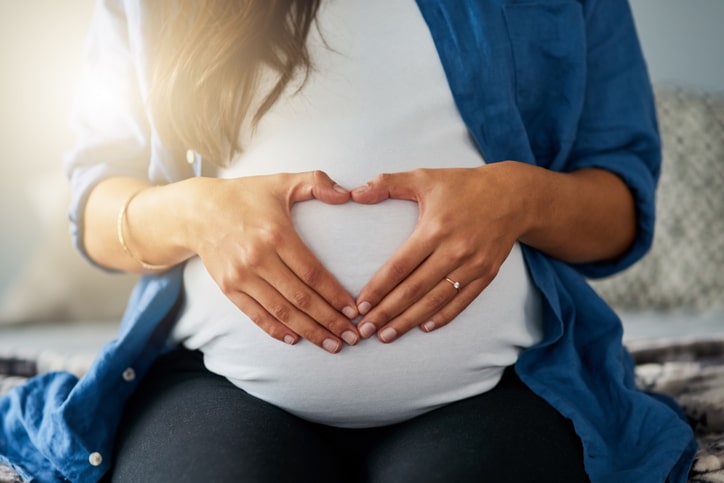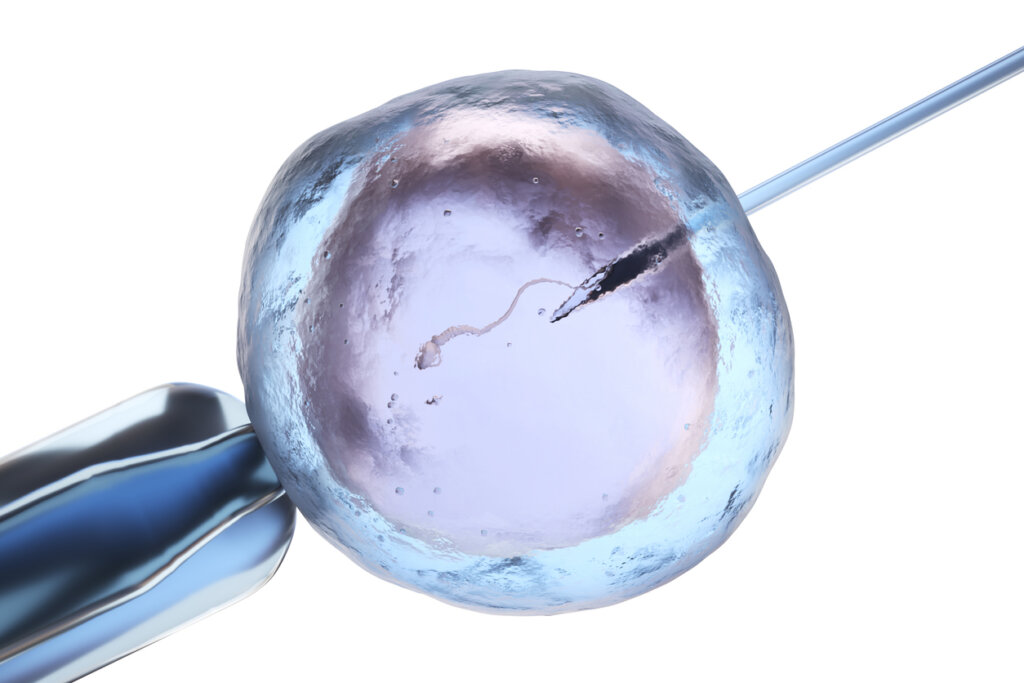We are looking for Filipino or Filipino-Caucasian mixed egg donors EDI! You must be between the ages of 21 – 29, or up to 32 if you are a prior donor. Egg Donor compensation can start from $7,500 and up to $15k for your first time donation. AND if you know anyone who is eligible, […]
Tag Archives: donor eggs
If you’re looking to use an egg donor, there are several options available: Egg Donor Agencies, Fertility Clinics, Fertility Lawyers, and Local Resources.
In reciprocal IVF, the eggs are removed from one parent’s ovaries, fertilized or inseminated outside of the body, and then placed in the second parent’s body. This allows both partners to equally contribute to the IVF process
As you age, female fertility declines. Around the ages of 33 to 35 years old, your likelihood of livebirth decreases. This is true for all women whether they have had a child before or not. You are still able to have successful live births; however, this may include using a Donor Egg from a younger woman. […]
In the ICSI process, a tiny needle, called a micropipette, is used to inject a single sperm into the center of the egg.
As in all of our egg donor and intended parent matches, medical records of your donor are sent to your IVF clinic for further review. Your physician will be the one who will ultimately give approval of your donor.
Follicle-stimulating hormone, also known as FSH, is a hormone checked routinely between days 2-4 of the menstrual cycle. It is produced by the pituitary gland to stimulate the ovaries to develop follicles. As a dominant follicle develops, it in turn sends certain signals (inhibin-B) that will suppress FSH release (negative feedback).
Reproductive Endocrinologist Meghan “Meggie” Smith, M.D. joins CCRM NY. The Manhattan-based facility is an all-inclusive center with an on-site clinic, surgery center, IVF laboratory and clinical laboratory.
Building a family using donor eggs through IVF and third party parenting is where eggs are ‘donated’ by a third party for the purpose of third-party reproduction.
At the 75th Annual Scientific Congress of the American Society for Reproductive Medicine, researchers shared that most egg donors surveyed reported positive feelings about their donation experience and continuing good health years after their donation. Dr. Jennifer Blackmore and her colleagues analyzed responses to an anonymous survey completed by 36 egg donors who donated between 2008 and 2019 at New York University’s Langone Fertility […]
- 1
- 2











